Times are tough right now, and Jeff and I haven’t escaped the pinch. In fact, while I’m still freelancing, we’re both currently job hunting. As a result, we’ve had to do some serious belt-tightening. Cable TV? Gone. Eating out? Not so much.
That said, we’re not about to give up on our vegetable habit. Au contraire, we’re still each shooting to eat a pound of raw vegetables and a pound of cooked vegetables every day, à la Joel Furhman’s nutritarian disease prevention plan, Eat to Live.
However, we’ve discovered that consuming 28 pounds of vegetables a week can wreak havoc on a food budget, so I’ve had to do some strategizing. Here are my eight favorite ways to save:
1. Comparison Shop Your Farmers Market
2. Buy Organics Wisely
3. Chill Out
4. Shop the Season
5. Buy in Bulk
If you don’t mind doing some preserving at home, you can get a great deal on vegetables by buying in bulk, whether at wholesale clubs like Sam’s or Costco, the farmers market, or a produce auction. Just be sure that you have a plan for all the veggies you buy, or it won’t be a great deal at all.
6. Store Smart
According to a report by Tim Jones, PhD, Americans are huge food wasters, throwing out an estimated 14% of the food that comes into the house. And the estimate for vegetables is even worse—a staggering 25% of the vegetables that people buy are thrown into the trash can. The horrors! No amount of savvy shopping can undo that. To keep your veggies long enough to actually eat them, store them in the fridge. Potatoes are the exception; they’ll keep longer in a dark, cool (but not refrigerated) place. As for onions and tomatoes, for best flavor they should be kept at room temperature, but both will keep longer in the fridge. In fact, refrigerating tomatoes can extend their shelf life for up to a week. Having just had two tomatoes rot on my counter within four days, I’m now inclined to refrigerate any tomatoes I don’t plan to eat immediately. (I can hear the screams from my foodie readers now—sorry, folks.)
7. Plan Your Meals Weekly
I know it seems kind of Home Ec, but meal planning cuts our veggie waste dramatically. We don’t do it every week, but when we do, we’ve found this magnetic “What to Eat” pad to be immensely helpful.
We fill it out at the beginning of the week, making a note of any cookbook page numbers we’ll need. Then we make our shopping list, and voila: a week of food with little waste and never having to ask, “What’s for dinner?”
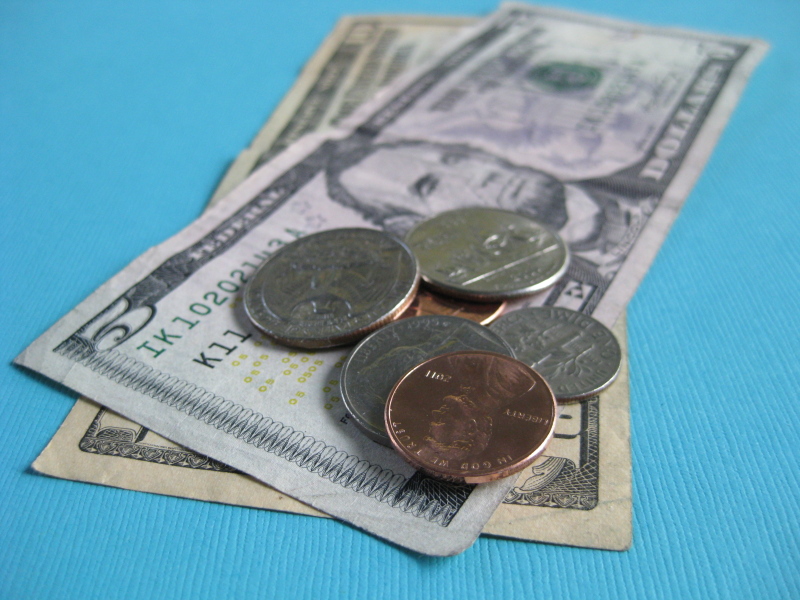
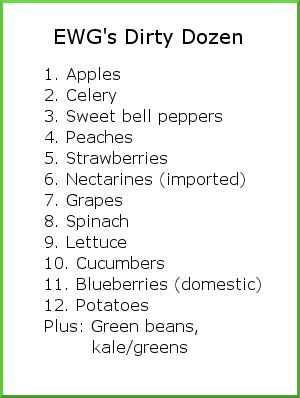
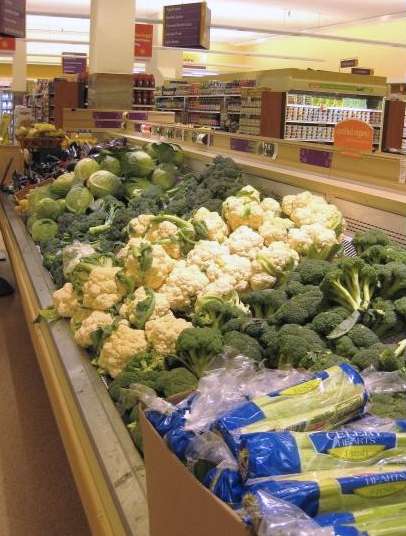
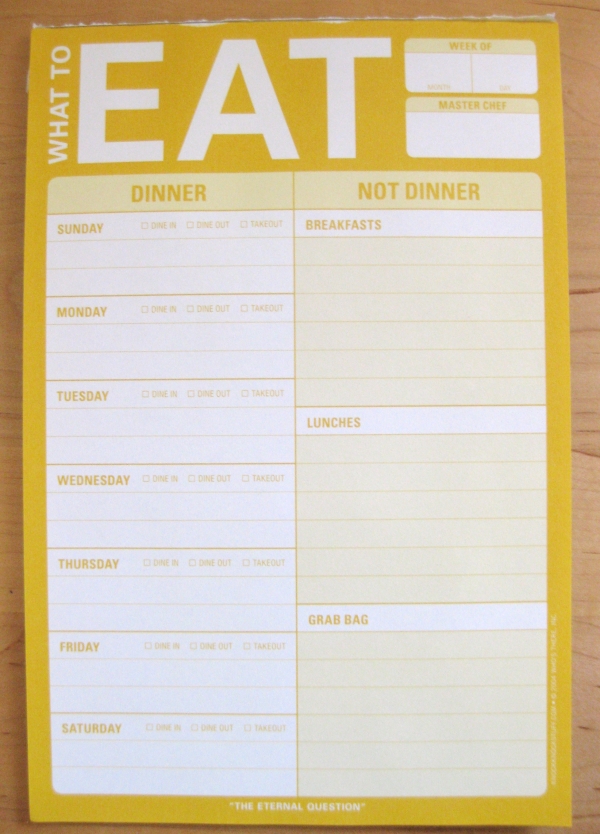
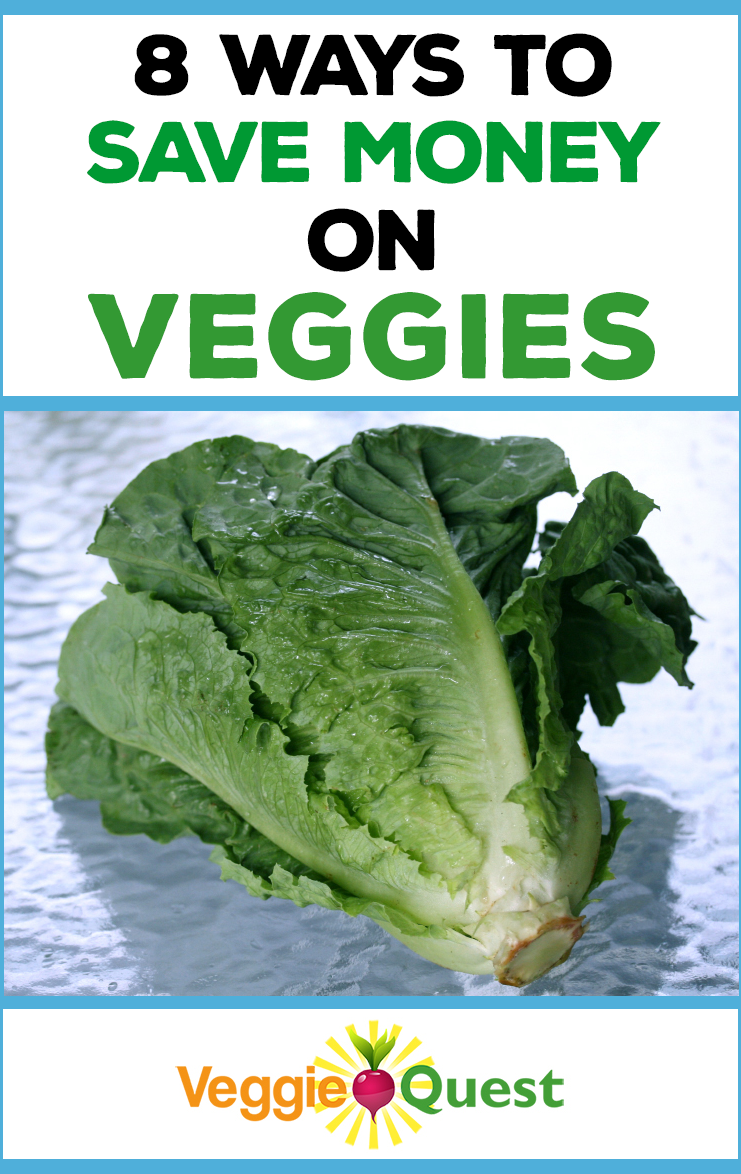
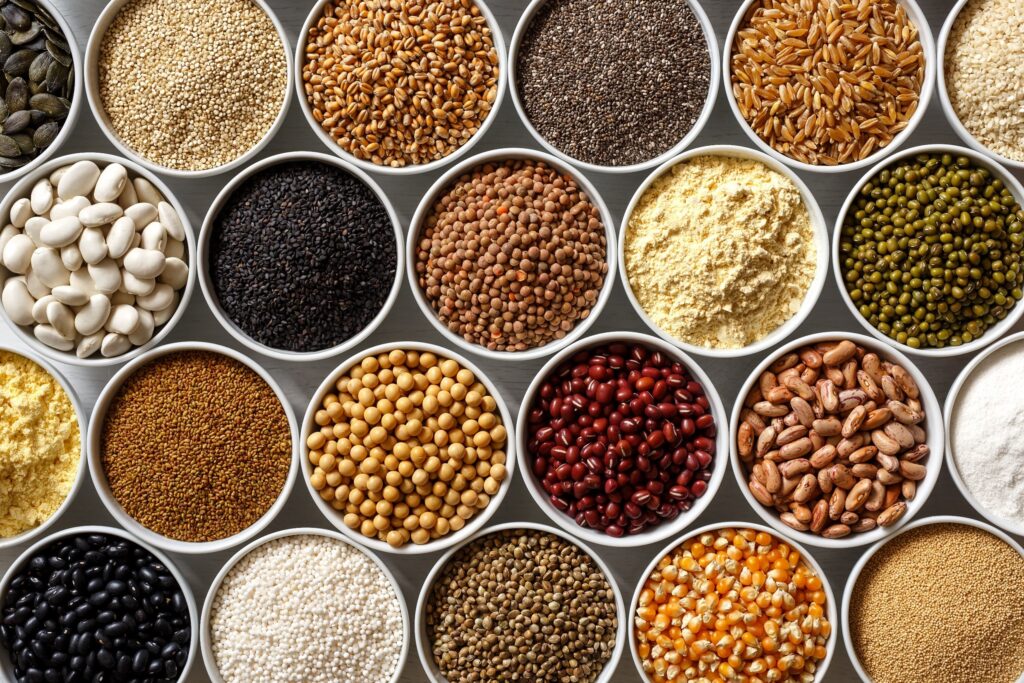
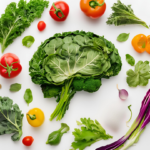

 I'm Lee, an RD thriving on a healthy plant based diet.
I'm Lee, an RD thriving on a healthy plant based diet.
Love this post. Great pointers. I wish I could afford to buy everything on the dirty dozen organic but it doesn't always work out. I do make a lot of broth but mostly with scraps – I don't throw out much … Lol!
Totally understand not being able to buy everything on the Dirty Dozen organic. We buy some of those veggies at produce auctions, so they're definitely not organic, but they're local and crazy cheap! And I'm with you on homemade veggie broth; frugal and delicious!